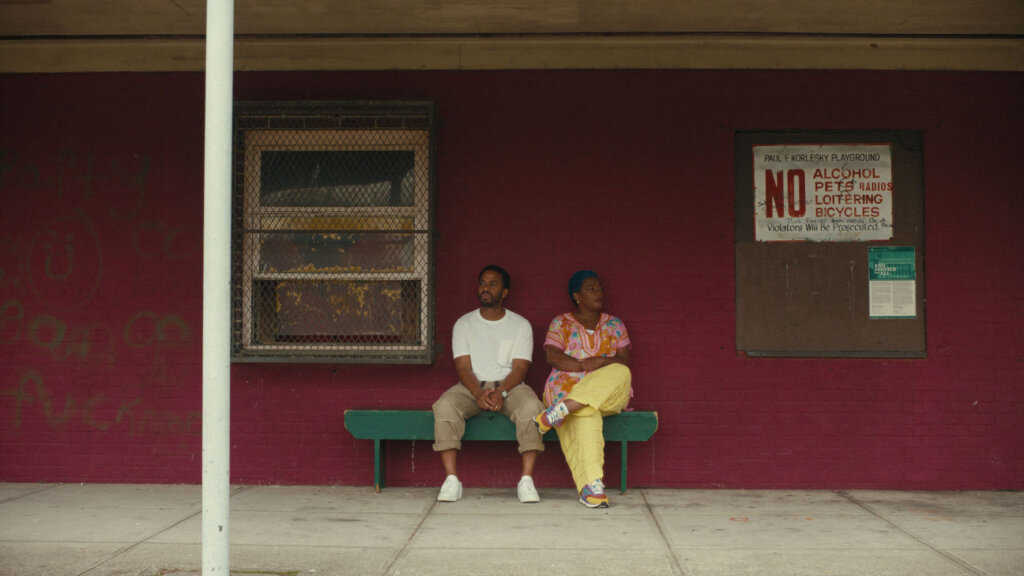
In April of 2023, André Holland embarked on what would become a three-month-long routine: a daily commute from his home in New York to Titus Kaphar’s New Haven, Connecticut, studio to learn how to paint.
Even for Holland, a veteran performer who enters a period of deep research for every role, this was a new level of immersion. Kaphar, a MacArthur “genius grant”-winning painter, was developing a feature film—his first—that would excavate the scar tissue of his relationship with his estranged father. Kaphar wanted Holland to play him, so he had to know how to paint.
“We would always talk about ‘the line,’” Holland recalls of those months of preparation. “Bad painting in movies is one of Titus’s pet peeves. He would tell me, ‘Choose a line and then make a confident stroke.’” While they worked, the pair dove deep: Kaphar unspooled memories of childhood and fatherhood and reflected on his foray into a fickle art world. As they grew closer, the Bessemer, Alabama-born actor learned how to embody the weight of those experiences onscreen.
Holland and Kaphar poured all those months in the studio into Exhibiting Forgiveness. The project, a true labor of love, has won and broken hearts across the film festival circuit. Here, Holland reflects on the intensity of the process and his increasing involvement in the art world.
CULTURED: How did you and Titus Kaphar build the rapport needed to bring this film to life?
André Holland: When we met, we spent a lot of time talking about art—more than the script or anything else. We ended up spending three months together painting, and that’s how we became friends. Of course, as we’re working, I’m asking him questions about his dad, about his family, and what it’s like to be a father.
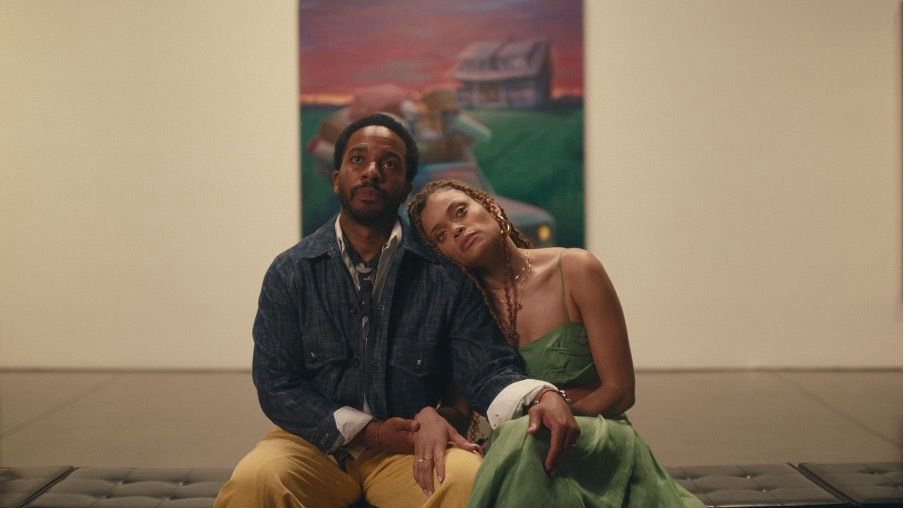
CULTURED: Was the physical act of painting like a doorway to deeper conversation?
Holland: Maybe it’s a bit of a gender thing. Growing up, the men in my neighborhood would spend a lot of time working on cars. Some of [the cars] hadn’t run in 20 years. You knew they never would again, but it was an activity that allowed them to talk to each other.
CULTURED: Were there things that you changed about this role along the way?
Holland: It was clear in the script that my character was very angry. That anger towards his father was something Titus was open about. But as an actor, I’m always suspicious of anger. The question for me is, what’s fueling it? There was a softness and a vulnerability that I wanted to find, and when you really dig into those hard moments, that’s what comes out.
CULTURED: This press tour isn’t just for the regular Hollywood crowd—you also have the whole art world involved. How did that feel?
Holland: Different. Y’all are a vibe, I gotta say. In the last few years, I’ve found myself in a lot of those spaces. I did a piece with Isaac Julien about a year and half ago [Once Again… (Statues Never Die), 2022]. Right now, I’m doing a thing with Arthur Jafa.
CULTURED: Is your feeling of the film’s impact aligning with the audience reactions you’re observing?
Holland: Every person on this film put their back into it—it cost everyone a lot emotionally to get to that place and then live in that place. Sometimes when you do that, it’s a shame when people either don’t get to see it, or don’t feel it in the way you hope. That was not the case this time. Just today, a woman was like, “I saw it once, and I don’t know if I can ever bear to see it again. But I do know that I need to call my father.”

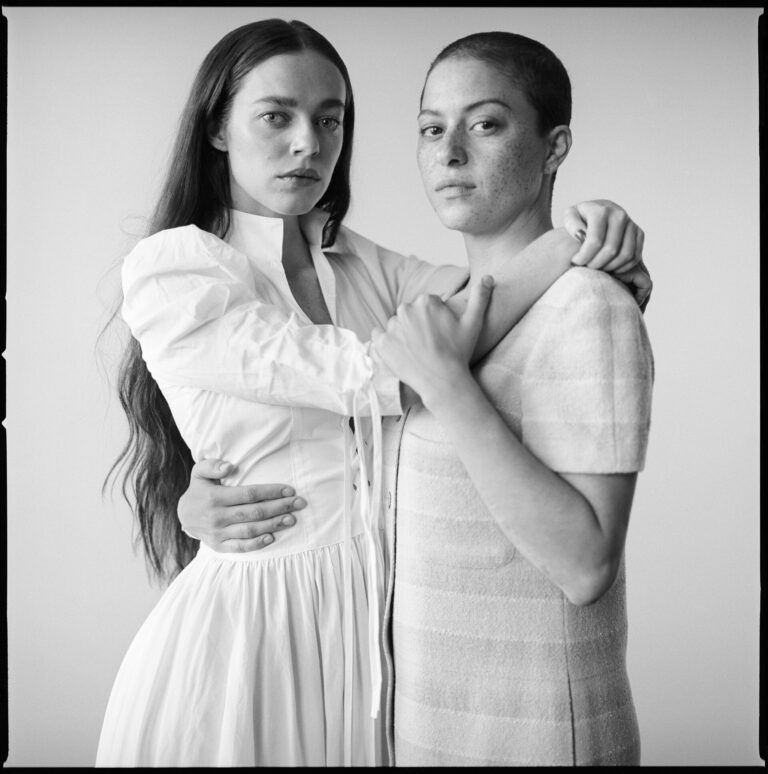

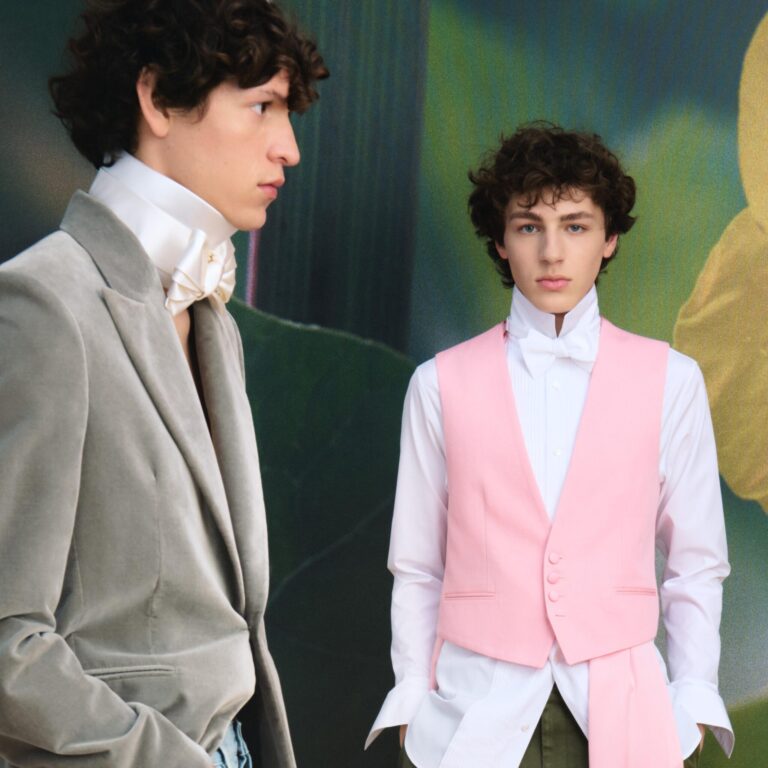
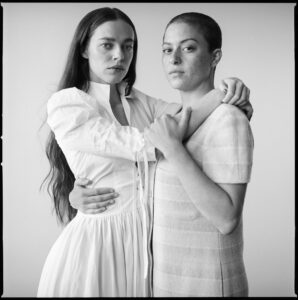





 in your life?
in your life?

